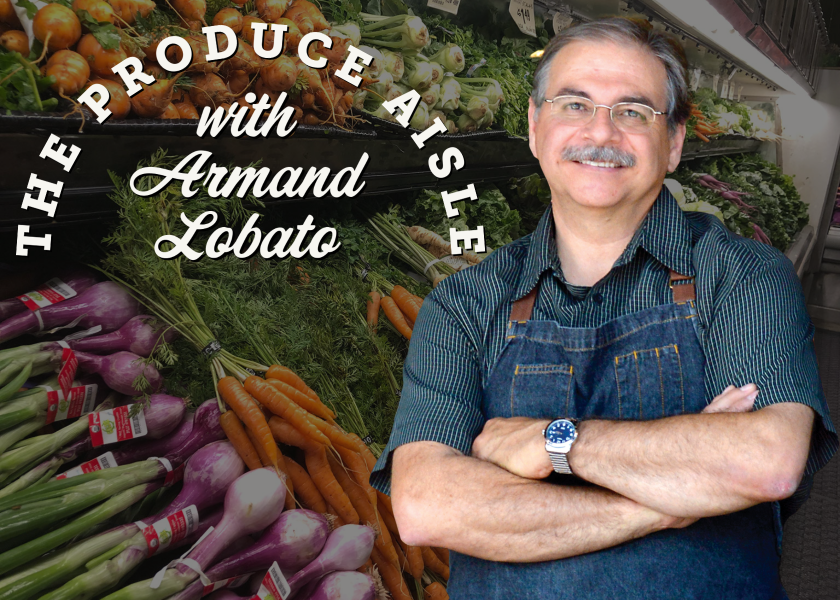The ideal ‘normal’ produce manager work week

I was speaking with an old acquaintance, a former produce manager, on the topic of how we each found some level of success, the workload involved and commitment it took to achieve.
He said, “I busted the doors (arrived) at 4 a.m. every day, rarely took a break or lunch. I worked six, often seven days a week,” he boasted. “I stayed deep into the evening hours, riding my crew and making sure that everything in the department was up to snuff.”
I winced. That’s … overkill, I thought. I suspected his home life suffered terribly because his definition of commitment was a euphemism for being a workaholic.
I haven’t touched on the subject much over the years, but it’s worth a visit.
It’s one thing for a produce manager to go all in on his or her assignment. Recently I wrote about an aggressive produce manager I knew who, when assigned to an underperforming store, worked a solid 30 days in a row, working closely with the struggling crew. He worked side-by-side for this stretch, from training the opener setting the wet rack, to rubbing elbows with the closing part-timers, so that everyone knew exactly what was expected going forward. It worked.
What I was remiss in mentioning was that, after that initial, grueling stretch, the produce manager returned to a “normal” week, as moving forward could better hold his fast-tracked, trained crew accountable.
So, what exactly is a normal work week for a produce manager? It depends. If a manager is on a salary, a chain or store manager sometimes pushes the produce manager, expecting them to practically live at their store. The result is sooner or later an ineffective, stressed manager.
If the produce manager is hourly, it’s natural the store manager is keeping tabs on how many hours are logged. Most hourly produce managers are monitored to keep overtime to a minimum. Which isn’t so bad.
What’s worse is when an hourly produce manager is expected to regularly work “off the clock.” This, in fact, violates labor laws.
In my experience, the hourly format is ideal. It forces the produce manager to be efficient, to complete a lot of work in a relatively tight window, to delegate and build a team in a positive environment. Some overtime is to be expected with a produce manager. He or she fills all the “gaps” that include covering for sick calls, training, merchandising, ordering and 101 other tasks.
I considered myself far from perfect, yet somewhat accomplished. And I almost always took two days off, and rarely worked over 44 hours a week. Even in a salary-paid equivalent, for the position, this is enough.
There are exceptions, certainly. For example, when coordinating a remodel or new store, our produce managers easily doubled their normal hours with no days off over the first couple of weeks. However, as soon as possible, we made it a point to kick them out for a few days to recharge, get reacquainted with their better half, pet their dog, and refocus on their lives.
Work is important, but we also wanted them to be around for the long stretch and get back to a normal schedule as soon as possible. Normal means making time for the kid’s ball game, the dance recital, and the Friday date night.
Armand Lobato works for the Idaho Potato Commission. His 40 years’ experience in the produce business span a range of foodservice and retail positions.







